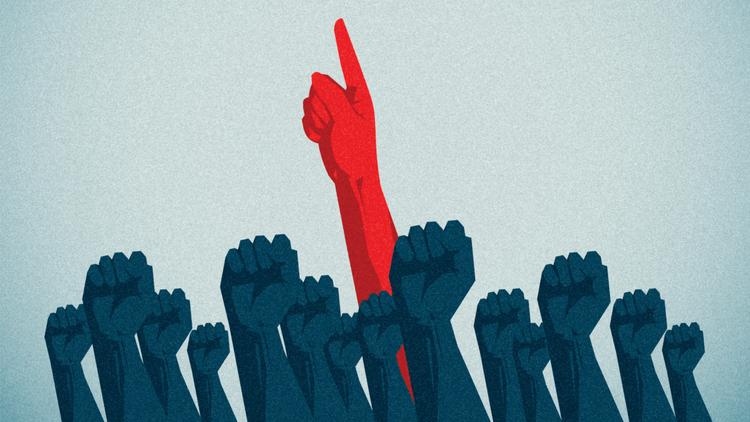Rama Chandra Panda
It is a fundamental right of every citizen to disagree with government policy. The parliament and legislatures are just trusts of collective wisdom of citizens; and if any law or policy creates fear or anger among citizens it should be explained. The government of the day has to rise above party considerations and convince people about the objective of the Citizenship (Amendment) Act.
The objective of CAA is good and in line with our cultural ethos; but exclusion of one community has created the problem. The Indian constitution is secular and human centric. Excluding any community from the purview of any law naturally causes fear.
Article 14 prohibits the state from denying equal treatment under law not only to its citizens but also to every person living in the country at a given time. The Article is part of basic structure of our constitution and is in tune with international human right proclamation. Any law violating right to equality is non-negotiable, as the Supreme Court had proclaimed in the Keshavanand Bharati case.
Any law affecting fundamental rights is subject to Judicial review as declared by Supreme Court in the Minerva Mill case. Benefits of any law in exclusion of any community on the grounds of religion or language would affect parameters of equality as enshrined in Article 14. It is nobody’s case that India should grant citizenship to all immigrants. But under the federal structure of our republic, the Union government should have consulted with the states before enacting a law such as CAA, as the spirit of federalism demands unanimity on national issues. Several states such as West Bengal, Odisha, Madhya Pradesh, Jharkhand and Telengana, besides BJP ruled Goa, have expressed reservations about the implementation of CAA, which the Union government cannot ignore. But never has any government been so rigid and allergic to political protests as the present one is.
Universities world over are thought centres. During British days Calcutta University was a political laboratory from where many future leaders emerged. Student movements produce good leaders, good political ideologues. As Chief Minister, Biju Patnaik nourished many student leaders and made them MLAs, MPs and ministers. Even during the Mandal Movement Biju Patnaik did not permit police action against the agitating students and personally reached the spot to discuss with students even against the advice of the police.
Student movements of Gujarat and Bihar during Sampoorna Kranti Movement received blessings of Jaya Prakash Narayan, which produced many future leaders. During Freedom Movement Gandhiji had also called upon students to join politics. BJP and its youth wings supported Anna Hazare against the Union government on Lokpal. Though in response to the movement the then government enacted Lokpal law, the BJP government is yet to implement it. Such hypocrisy ignites youths to raise their voice.
Any attempt to brutalize youth would only complicate the situation. Peaceful protest is recognised as a legitimate fundamental right in all democracies. Suppression of this right leads to resistance. However, student movements should be peaceful and based on Gandhian principle of non-violence. They should also respond to the government’s calls for discussions as discussions and debates enrich democracy.
Hearing dissent and respecting opposition is constitutional morality, which should not be breached by those holding constitutional positions. Morarji Desai, during his prime ministership, in reply to YV Chavan on a debate on December 19, 1978, in connection with Breach of privilege by Indira Gandhi observed: “I can understand Shri Chavan’s concern about political expediency. But I will remind him that the aspirations and designs of dictators have always fed on the belief that the counsels of political expediency may induce people to adopt a line of least resistance in the hope that it will stave off the day of dictatorship. Political wisdom, on the other hand, should never lose sight of the consequences of the failure to resist at the right time.” This emphatic declaration of Desai has all-time relevance for rulers.
The writer is former Deputy Speaker, Odisha Legislative Assembly.

